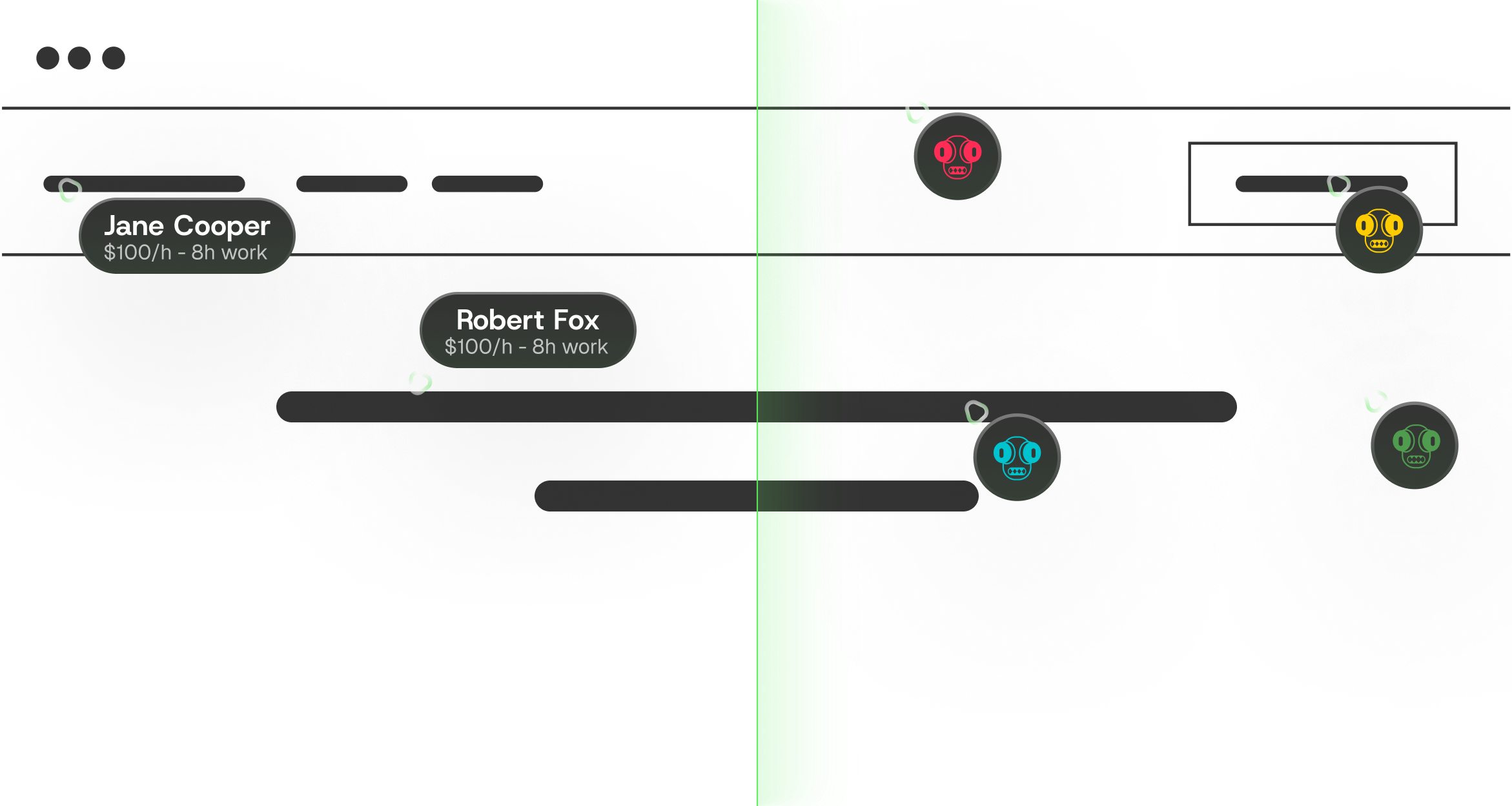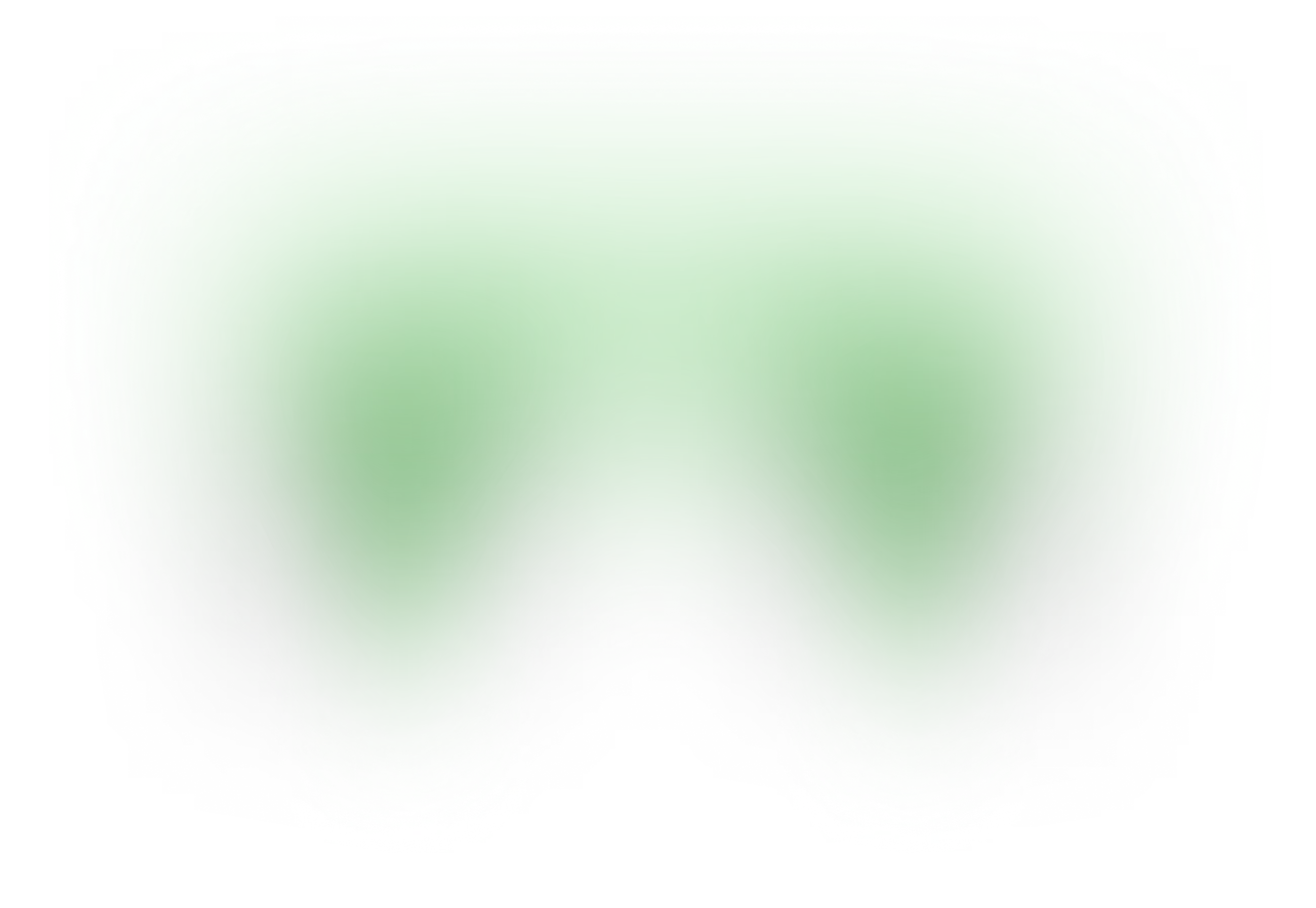Adalysis requires constant manual work. groas runs your Google Ads completely autonomously. 24/7 optimization, no human intervention needed.

Requires Daily Management & Additional Tools
Fully Automated, Self-Improving and Loved By Google

Semantic Ad Copy Engine


Dynamic Landing Page Personalization


Search-to-Conversion Matching


Automatic Self-Optimization (24/7)


Weekly Time Commitment
0 Hours
Many Hours
Decision Authority
Machine Approved
Human Approved
Learning Curve
None
Moderate
Base Subscription
$599/month
$149/month
Essential Add-Ons
$0 (All Features Come Included)
$0 (All Features Come Included)
Price Scales With
Ad Spend
Ad Spend
Contract Terms
Cancel Anytime
Cancel Anytime
Campaign Limits
Unlimited
Unlimited
Account Limits
Unlimited
Unlimited
Automated Budget Protection


Automated Negative Keyword Additions


Optmyzr helps you manage campaigns. groas removes you from campaign management entirely.

Adalysis is an auditing and monitoring tool that alerts you to problems and suggests optimizations. groas is a fully autonomous system that doesn't just tell you what to fix, it fixes everything automatically. While Adalysis helps you manage campaigns faster, groas eliminates the need to manage them at all. If you're tired of reviewing daily alerts and manually implementing changes, groas is the evolution beyond audit tools.
Technically yes, but it's redundant. Adalysis monitors your account for issues like poor Quality Scores, paused ads, or budget pacing problems -then sends you alerts to fix them. groas monitors the same things but fixes them instantly without human intervention. You'd essentially be paying for two tools that watch the same metrics, except one just reports while the other actually solves the problems. Most customers cancel Adalysis within the first week of using groas.
Familiarity with Adalysis means you're efficient at identifying problems -but you're still spending hours every week reviewing alerts, testing ads, adjusting bids, and adding negative keywords. groas doesn't replace your knowledge; it makes it unnecessary for execution. Your years of PPC experience are valuable for strategy and business decisions, not for daily bid adjustments. The question isn't whether Adalysis works - it's whether you want to keep doing the work yourself or let AI handle it while you focus on growth.
Adalysis excels at detailed audits and change history tracking, which matters when humans are making manual changes and you need accountability. groas makes this largely irrelevant since AI handles all optimizations autonomously. You get performance dashboards showing results (conversions, ROAS, profit), not reports about tasks completed. If you need forensic-level reporting for compliance, keep Adalysis. If you want better results without the paperwork, use groas.
Adalysis tracks your ad tests, alerts you when statistical significance is reached, and recommends pausing underperformers - you then manually pause them. groas runs thousands of ad variations simultaneously, automatically allocates budget to winners, pauses losers in real-time, and generates new variations to test without you lifting a finger. For Quality Score, Adalysis flags low scores and suggests fixes; groas dynamically adjusts landing pages, ad copy, and keyword matching to improve scores continuously. It's the difference between having a diagnostic tool versus a self-healing system.